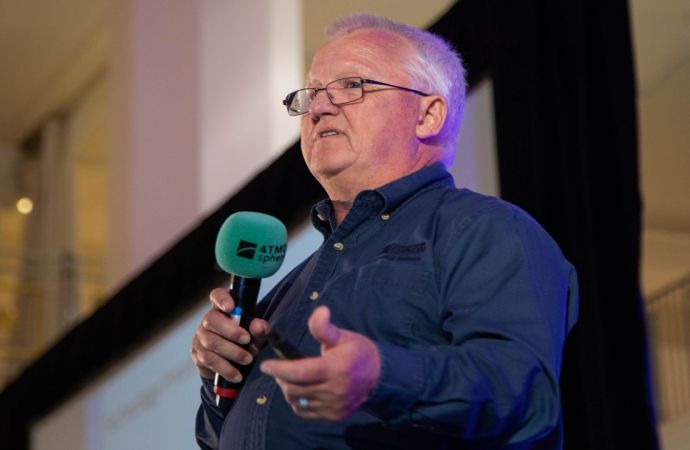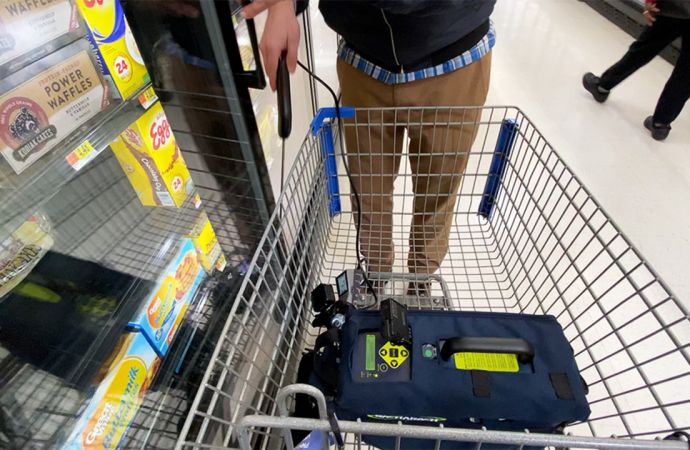US Senators Chris Murphy (Connecticut, Democratic party) and Susan Collins (Maine, Republican party) have announced their plans to introduce the “Super Pollutants Act of 2014” aimed at reducing emissions of HFCs and other short-lived climate pollutants (SLCPs).

Short-lived climate pollutants are the problem too few people are talking about, but are doing some of the worst damage to the atmosphere,” said Murphy. “As we work to combat threats to our climate, we can’t leave short-lived pollutants out of the equation. Our bill will take these dangerous pollutants head on by making smarter use of tools already at our disposal here in the US. This is a bipartisan proposal to address a global threat, and I urge my colleagues on both sides of the aisle to help us reduce these super pollutants.”
The proposed legislation will help reduce SLCPs in the atmosphere by taking a number of steps to enable federal agencies to work with the business and non-profit communities to speed the adoption of SLCP-reducing technologies and policies.
With respect to HFCs, the legislation would:
- Request the President to establish an interagency task force on short‐lived climate pollutant mitigation that would report to Congress and would among other things identify gaps in US programs currently addressing short‐lived pollutants
- Urge the US Environmental Protection Agency (EPA) to extend the Section 608 requirements of the Clean Air Act regarding servicing and disposal of HFC-based air‐conditioning and refrigeration equipment, and to increase initiatives for recovery, reclamation and recycling of HFCs.
- Urge the US EPA to work with US Department of Energy (DOE) to strengthen Energy Star certifications for refrigerant systems that achieve best‐in-class energy efficiency and utilise low‐GWP refrigerants and foam‐blowing agents.
- Urge the US EPA to employ the “Significant New Alternatives Policy” (SNAP) Programme in removing high‐GWP compounds for applications where alternatives are available and reduce risks to human health and the environment.
- Direct the US EPA, DOE, and National Institute of Standards and Technology (NIST) to evaluate the availability of alternatives to high‐GWP HFCs, and to determine if and what standards are preventing the use of alternatives in the US that are in widespread use in other countries, and whether the standards need to be revised.
- Direct the US EPA to phase out the continued sale of uncharged residential HCFC22 condensing equipment, and report whether DIY HFC134a automotive air conditioning service kits represent an environmentally significant source of HFC emissions.
Background
A similar bill titled “Super Pollutant Emissions Reduction Act of 2013”, or “SUPER Act of 2013” was introduced on 9 May 2013, by Congressman Scott Peters, to streamline the enforcement of existing federal policies to reduce HFCs and other SLCPs, encourage similar policies and establish a Task Force to drive the discussions on reducing SLCPs further.
MORE INFORMATION
Related stories



